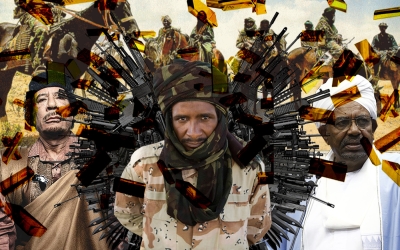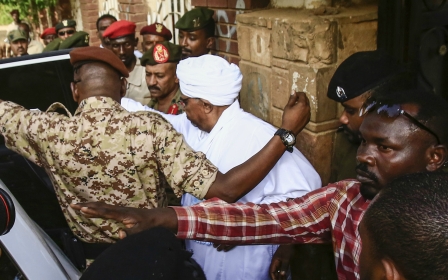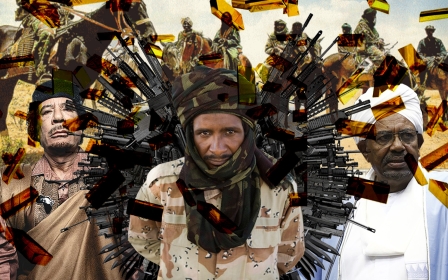Sudan set to announce new government

Sudan is set to announce its first transitional government since the removal of three-decade ruler Omar al-Bashir after new ministers were approved on Tuesday.
Sudan's first civilian prime minister in 30 years, Abdalla Hamdok, has approved 14 appointments to his new cabinet, a source told the Reuters news agency.
Sudan's first female foreign minister, Asmaa Abdallah, was among those named in Hamdok's cabinet, which will operate alongside a separate council established to share power between civilians and the military.
The military will lead the Sovereign Council for the first 21 months under the power-sharing agreement made with Sudan's opposition, who had protested since December - first against Bashir and then the military council that replaced him in April.
A civilian member of the Sovereign Council told Reuters that the new finance minister will be former World Bank economist Ibrahim Elbadawi.
Hamdok was himself a former UN economist and he has insisted that his priority is to fix Sudan's ravaged economy, which has caused soaring living costs in recent years.
When protests against Bashir's government began in December, the immediate spark was a tripling in bread prices and oil shortages before becoming a broader indictment of his 30 years in power.
The opposition coalition Forces of Freedom and Change (FFC), which negotiated the power-sharing deal with the military, has been negotiating with Hamdok since last week over their nominations for cabinet positions.
The defence and interior ministers were nominated by the military.
Hamdok, speaking at a press conference in Khartoum alongside Germany's foreign minister on Tuesday, did not mention the appointments but said it would be "logical" for women to receive appropriate representation since "the women of my country were on the frontline of this revolution".
"Sudan's economic challenge is a big challenge, but we can tackle it," Hamdok said. "In the near-term, we need to address the shortage of commodity items – sugar, flour and petroleum."
"On the currency front, we need to stop inflation, deal with the exchange rate of the national currency, and restore confidence to the banking system," Hamdok said, adding that he hoped to do so in six months to one year.
He also called for Sudan to be removed from the US blacklist of countries accused of supporting terror, saying it was necessary to remove restrictions in order to improve the economy.
The Sovereign Council said in a statement on Tuesday that a new government will be announced within 48 hours.
Differences have remained, however, with a coalition of Sudanese rebel groups, the Sudan Revolutionary Front (SRF), who have argued that the position of Sudanese communities living far from the capital's elite is not represented under the current deal.
SRF chairman Minni Minnawi, who leads a faction of the Darfur rebel group, the Sudan Liberation Army, accused the FFC last week of "stealing the revolution".
Middle East Eye delivers independent and unrivalled coverage and analysis of the Middle East, North Africa and beyond. To learn more about republishing this content and the associated fees, please fill out this form. More about MEE can be found here.





